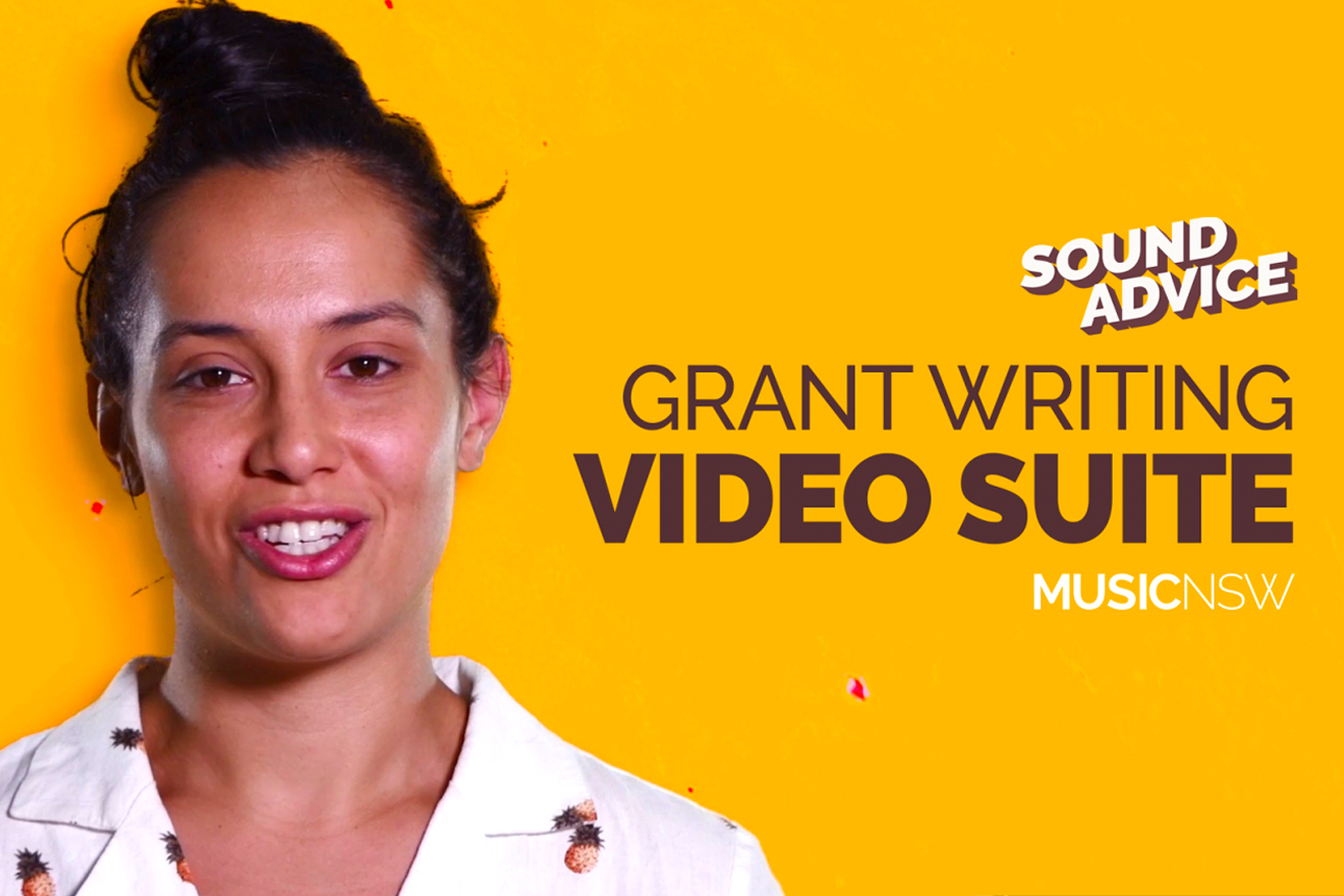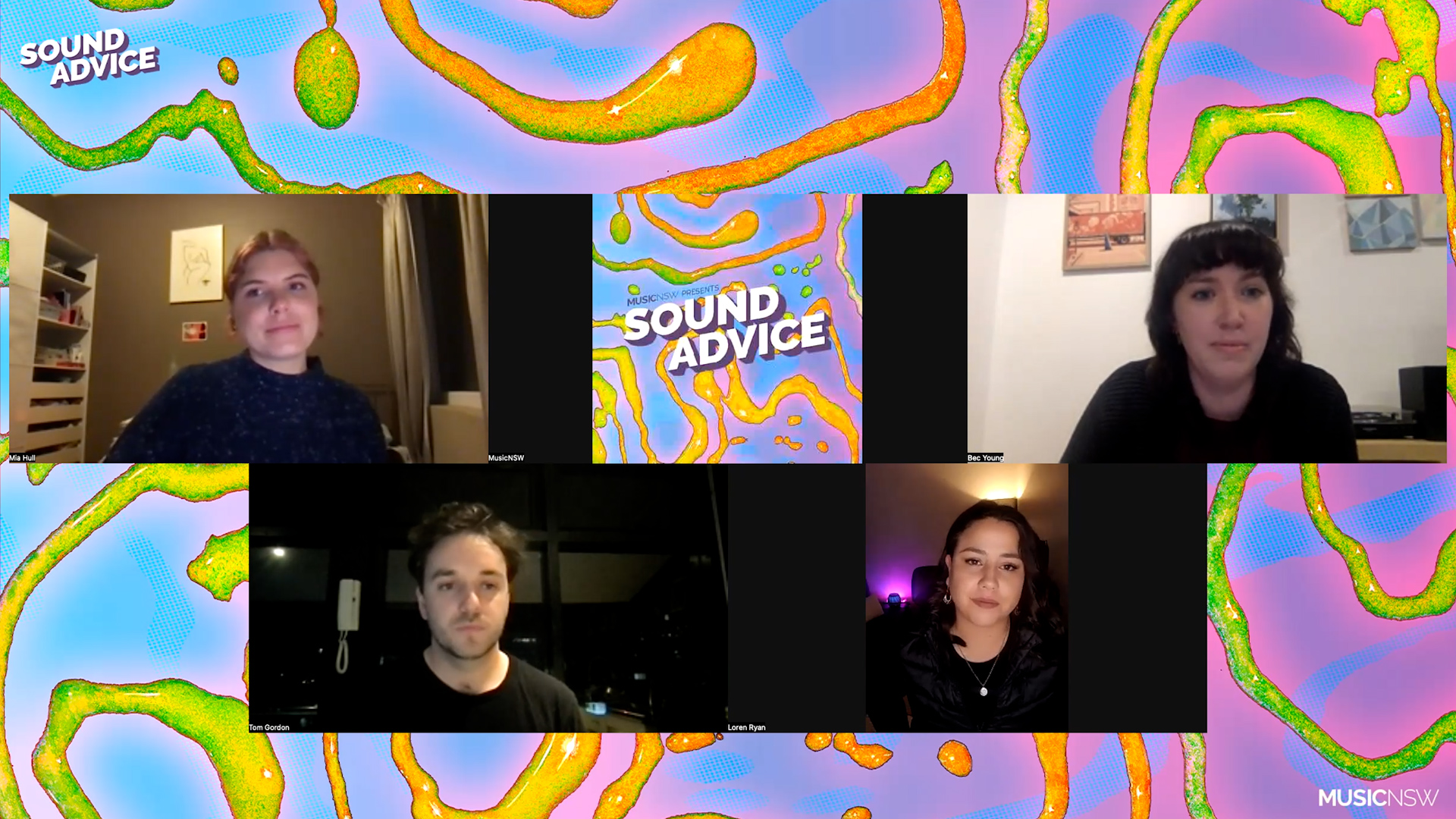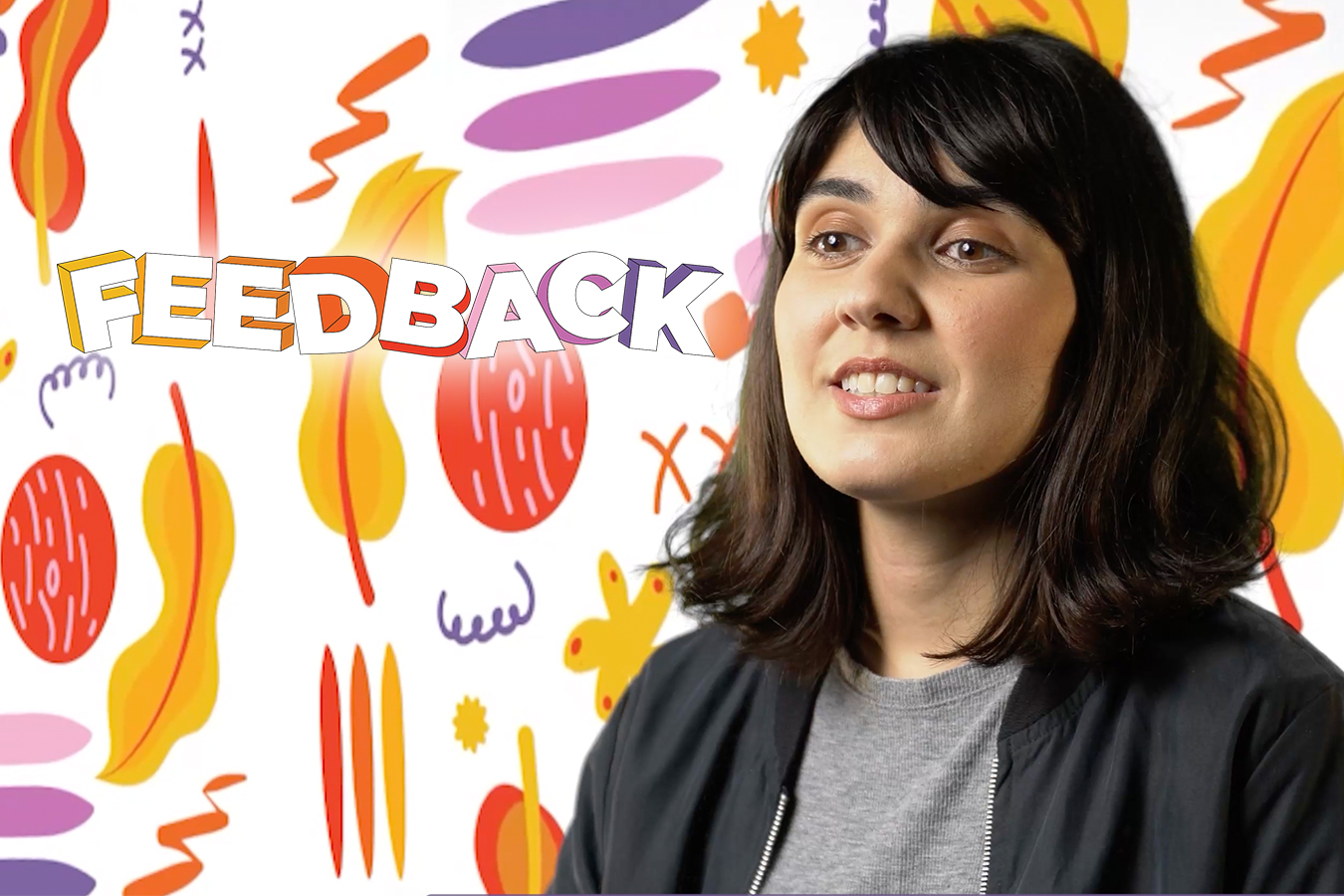This suite of resources is aimed at improving the grant literacy of our industry, helping artists and professionals take advantage of grant funding opportunities. Check them all out below!
Top ten tips for grant writing
This first video lays out the top-line dos and don'ts of grant writing.
Budgeting For Grants
Budgeting is maybe the most important aspect of a successful grant application. This video shows you how to keep your budget, and by extension your proposal, as tight as possible.
How to talk about your project
Talking about your project in a grant application might sound like the easy part, but it's where so many applications fall down. This third SOUND ADVICE video runs you through 10 simple steps to get you talking clearly and compellingly about your project.
Featuring Sara Khan and Tanya Ali
Music: ‘Peach’ by The Goods
Animation: Brad Chandler
SUPPLEMENTARY GRANT WRITING RESOURCES:
SOUND ADVICE is supported by Create NSW and APRA AMCOS.


